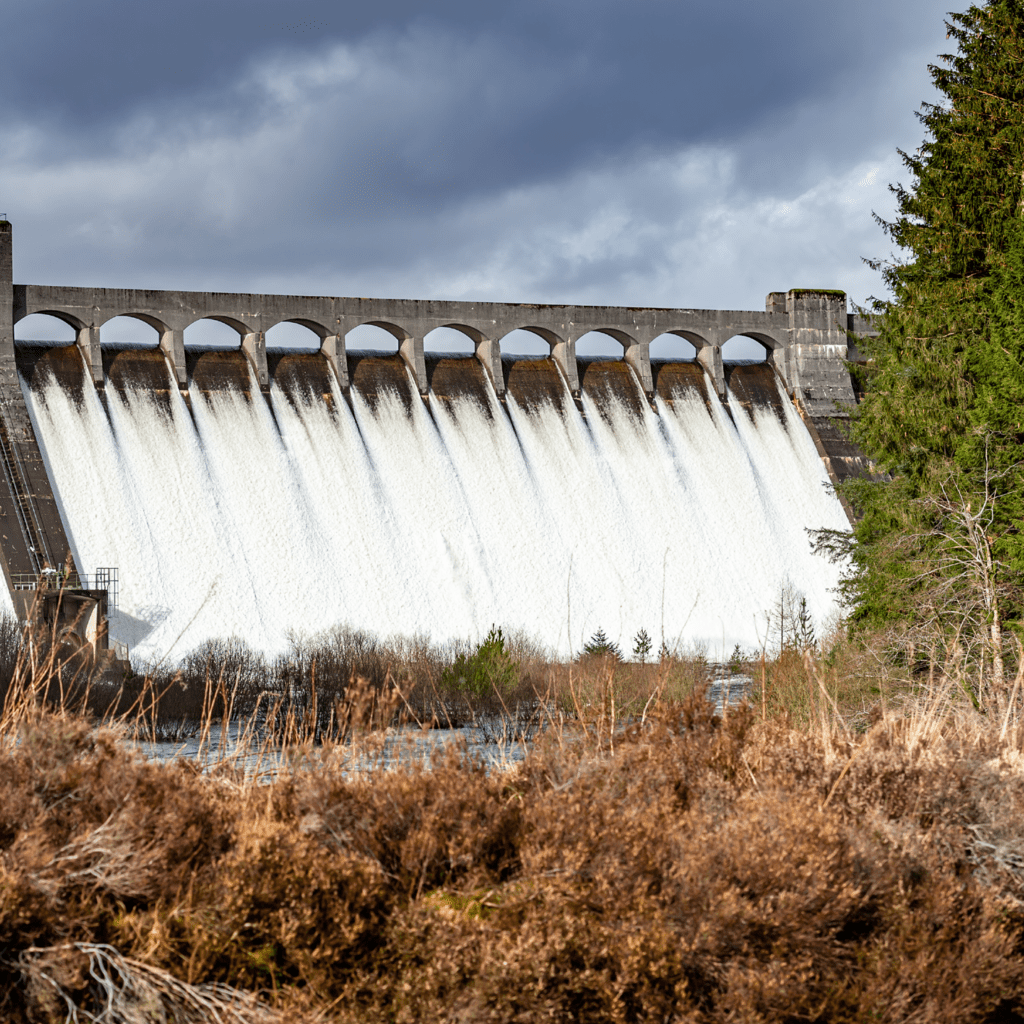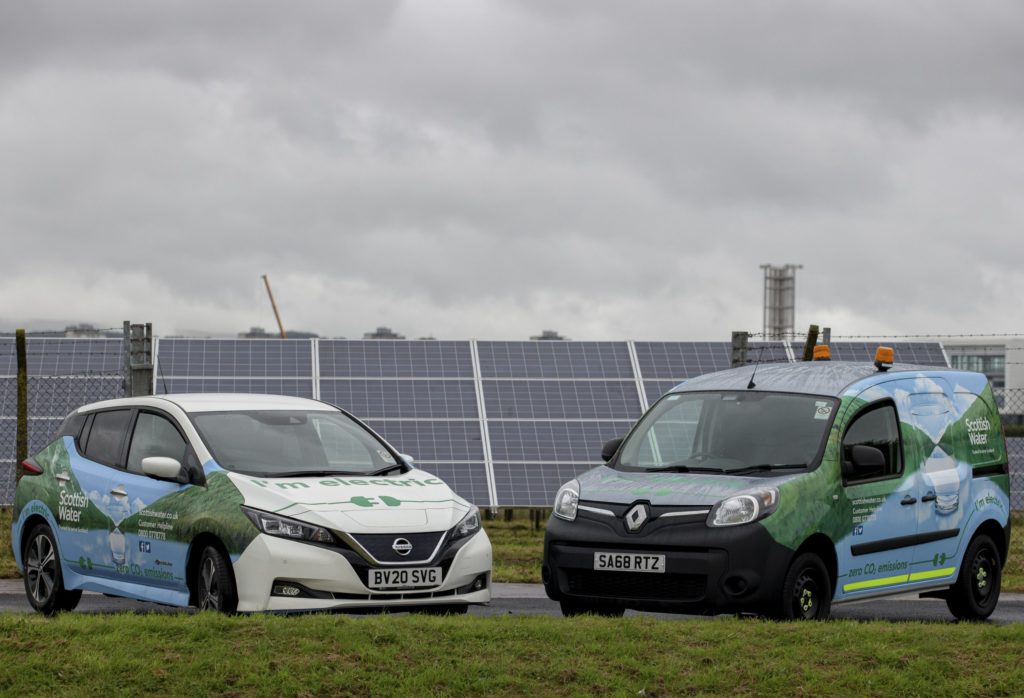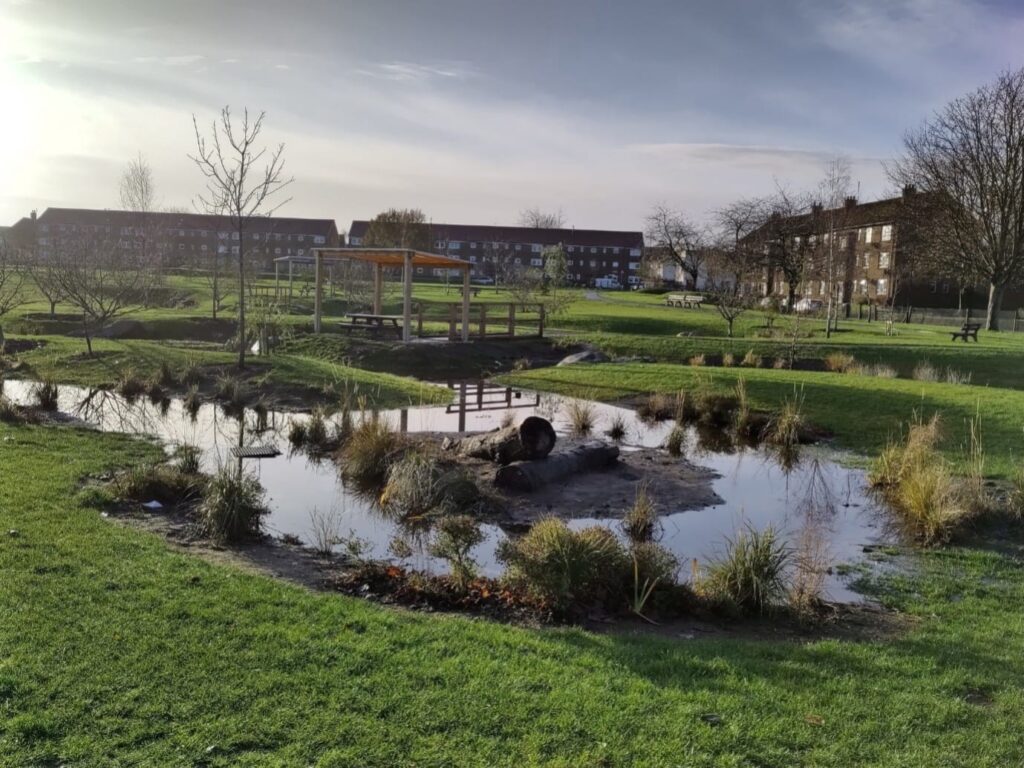
Operations at Deerdykes have saved 96,695m3 of carbon and generated 38 GWh of green electricity – that’s the equivalent of powering over 10,000 average UK homes.
The plant uses modern anaerobic digestion technology to convert food waste into renewable energy. Food waste is broken down during a biological process in sealed, oxygen-depleted tanks to produce an energy-rich biogas. This biogas is then converted into electricity as well as a natural fertiliser for use in agricultural land spreading.

This biogas fuels two combined heat and power (CHP) engines, with a total output of 1.5 megawatt (MW) of electricity. The electricity powers the on-site offices and the plant itself, with any excess being fed into the national grid.
“Celebrating the 10th anniversary of our recycling facility during Scottish Climate Week couldn’t be more appropriate. Our plant at Deerdykes has achieved a lot in a decade, contributing greatly to Scotland’s renewables and its target of becoming a net-zero society.
Diverting food waste from landfill and transforming it into valuable new products also helps boost our customers’ environmental credentials as they strive to become more sustainable and reduce their environmental impact. We will continue to build on the plant’s success and work closely with our partners to maximise opportunities and efficiencies.”
Colin Lindsay, Operations Manager at Scottish Water Horizons
Around one million tonnes of food is thrown away in Scotland each year. A number of local authorities across west central Scotland currently transport waste to Deerdykes. It comes from Glasgow City Council, Inverclyde Council, East Dunbartonshire Council and West Dunbartonshire Council areas, along with waste from many food producers and businesses.
“We must cut down what we waste and send to landfill if we are to reduce our impact on the planet. Deerdykes has proven to be a valuable facility by protecting us from the worst impact of food waste and transforming its potential into the energy that powers our homes.”
Iain Gulland, chief executive of Zero Waste Scotland
Earlier this Scottish Climate Week, we published a trailblazing Net Zero Emission Routemap which sets out how we will achieve net zero emissions by 2040 and beyond, and make a greater contribution to Scotland’s overall emissions ambition.
“Food waste reduction is critical in the fight against climate change and we have set an ambitious target, to reduce overall food waste by 33% in Scotland by 2025. In reducing our impact on the planet, this is an area where all citizens and organisations can make a difference.
It is fitting that the 10th anniversary of the Deerdykes Food Waste Recycling Plant falls within Climate Week. By diverting 155,000 tonnes of waste from landfill and transforming it into renewable sources of energy, it has helped us reduce food waste and protect the environment.
The plant will of course form part of Scottish Water’s wider plans to reach net zero emissions by 2040. The contribution of these low carbon technologies and nature based solutions are invaluable if we are going to build a green economy to enable Scotland to meet its national net zero target by 2045.”
Roseanna Cunningham -Secretary for the Environment







